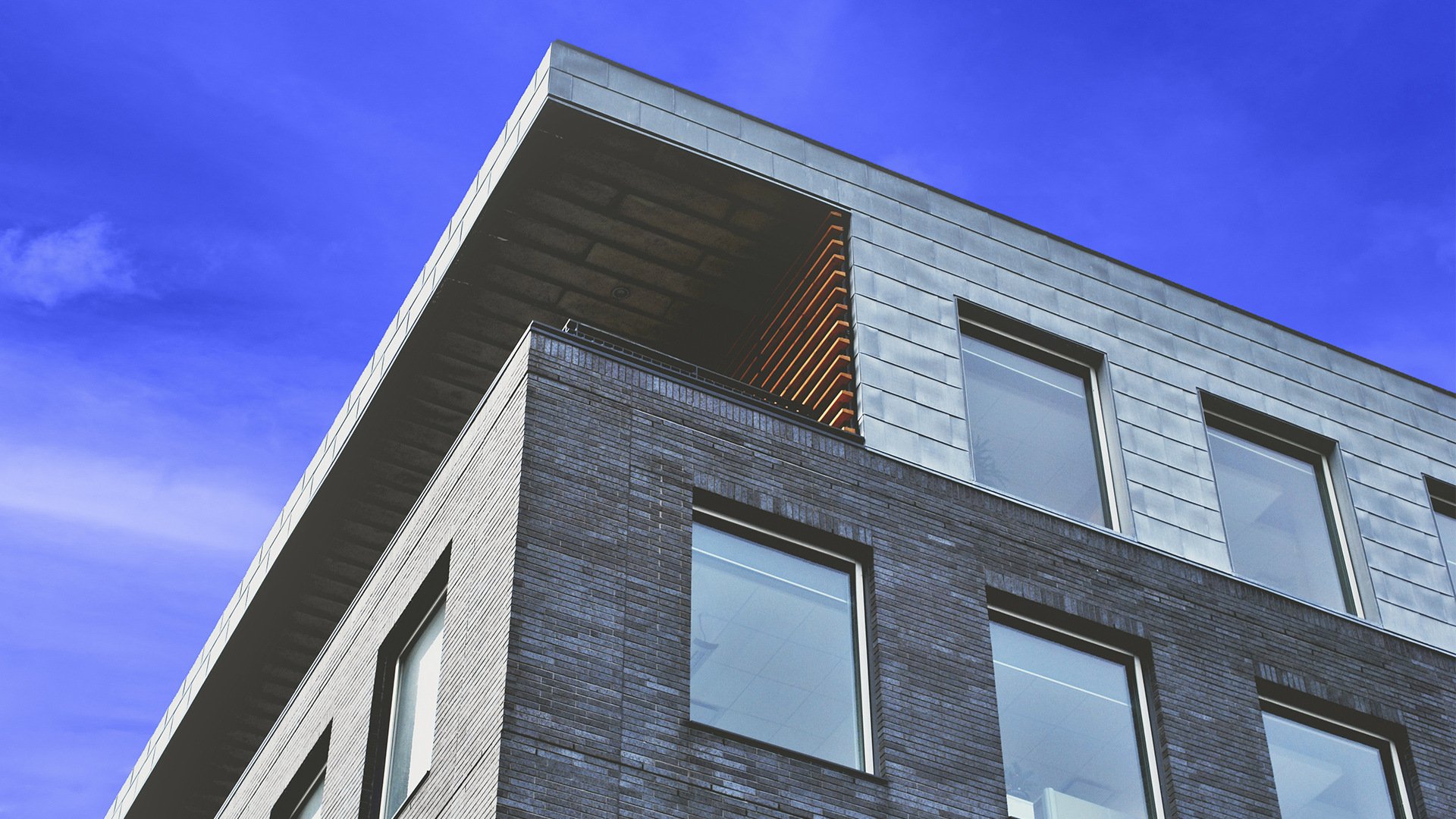Focus on Feasibility Study in Real Estate Development
A feasibility study is a comprehensive assessment essential for evaluating the potential success of a real estate development project. This analysis...
2 min read
 Patrice Deslauriers
Mar 14, 2025 10:01:05 AM
Patrice Deslauriers
Mar 14, 2025 10:01:05 AM

The face of Downtown Montreal is changing. In recent years, many office buildings have struggled to fill their spaces, remaining underused—or even completely vacant. This trend has accelerated with the rise of remote work and evolving professional habits, especially after the COVID-19 pandemic.
At the same time, property owners are facing two major realities:
👉🏼 Regulatory pressure to transform their assets into sustainable, low-carbon buildings.
👉🏼 The housing crisis in Quebec, creating an urgent need for new residential units.
This is where real estate redevelopment truly makes sense. Repurposing existing buildings—particularly outdated office spaces—has become a solution that is profitable, sustainable, and highly relevant.
At Alyzé, we believe in the potential of converting office buildings into residential spaces. Here’s why—and more importantly—the concrete benefits of these projects:
Rethinking how a building is used helps reduce dependence on a single market, such as office space, which is currently under pressure. By shifting an asset’s purpose—for example, from office to residential—you open the door to new client bases and high-growth markets.
Repurposing an underused building means giving it a new identity and strengthening its connection to the community. By integrating green spaces, nearby services, and bike parking zones, the building becomes a vibrant place to live, benefiting both new residents and the neighborhood as a whole.
These initiatives encourage the revitalization of downtown areas while increasing the perceived value of the property.
Did you know buildings are responsible for 75% of carbon emissions in major cities? Converting office spaces into residential projects is a smart way to reduce the environmental footprint of a real estate asset.
By promoting sustainable renovations, using eco-friendly materials, and investing in renewable energy, you contribute to the fight against climate change while boosting your building’s resilience to climate risks.
By reimagining an existing building, you not only create spaces that meet today’s needs but also ensure that your property is ready to evolve over time. Space flexibility becomes a major advantage, allowing for quick adaptation to new uses and the future expectations of occupants.
The real estate market is evolving fast. With environmental challenges, the housing crisis, and the growing obsolescence of office buildings, it’s time to rethink the management of your real estate assets. Redevelopment and repurposing existing buildings offer sustainable and profitable solutions.
Curious to learn more? At Alyzé, we support property owners in their conversion and redevelopment projects. Whether you're in the planning phase or ready to take action, we’re here to help you give your buildings a second life!
📩 Contact us today to discuss your projects: info@alyze.ca
A feasibility study is a comprehensive assessment essential for evaluating the potential success of a real estate development project. This analysis...
When developing a new rental project, one of the key challenges for real estate developers is optimizing revenue while staying competitive in the...
Choosing the right location for developing a real estate project is crucial for ensuring the success and profitability of the investment. Several...